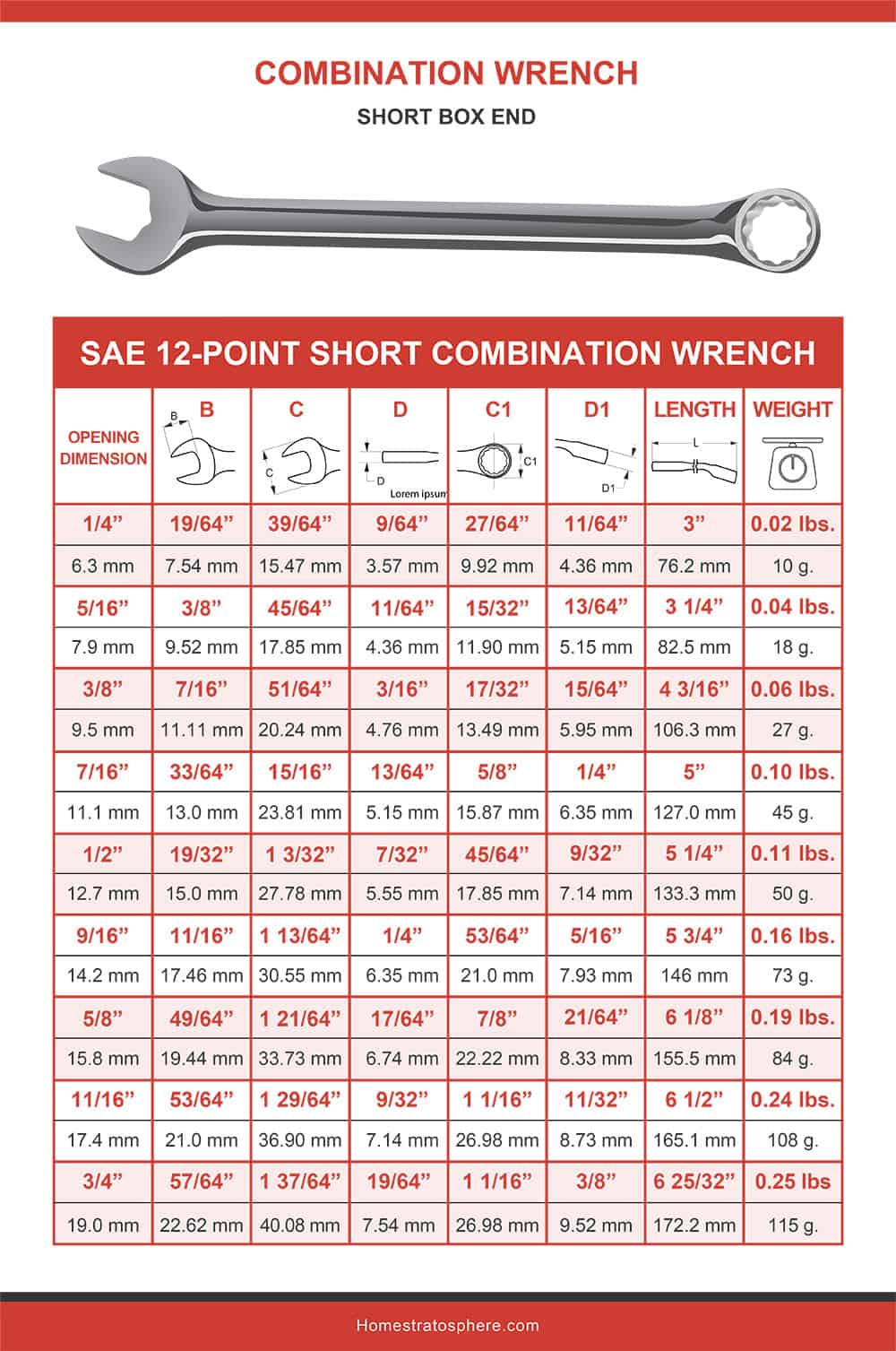Metric and SAE Wrenches Are Interchangeable: Fact or Fiction?
Stepping into a hardware store can feel like entering a world with its own language. From deciphering screw sizes to navigating the endless aisles of tools, it's easy to feel overwhelmed. One common point of confusion arises when encountering wrenches, particularly the distinction between metric and SAE (Society of Automotive Engineers) sizes. The question often arises: are these wrenches truly interchangeable?
The short answer is: not really. While it's tempting to believe a metric wrench might pinch-hit for its SAE counterpart in a bind, the reality is a bit more nuanced. The subtle size differences between the two systems can lead to a poor fit, potentially rounding off bolts or nuts and causing frustration.
To truly understand why these systems aren't interchangeable, it's helpful to delve into their history. The metric system, with its decimal-based units, originated in France in the late 18th century and is now the standard measurement system in most of the world. The SAE system, on the other hand, evolved from the inch-based system used in the United States and a few other countries.
This historical divergence in measurement systems has led to two distinct sets of tools. Metric wrenches are designed to fit fasteners with metric measurements, typically expressed in millimeters. SAE wrenches, as you might expect, correspond to the inch-based SAE system, with sizes denoted in fractions of an inch.
While the size differences between comparable metric and SAE wrenches might seem small, they are significant enough to cause problems. Forcing a wrench onto a fastener that isn’t quite the right size can strip the fastener or damage the tool. Over time, this can lead to safety hazards and costly repairs.
Advantages and Disadvantages of Using the Correct Wrench System
Using the appropriate wrench system for the job offers several key advantages:
| Advantages | Disadvantages of Using the Wrong System |
|---|---|
| Better grip on fasteners, reducing the risk of slipping | Increased risk of rounding off bolt heads or nuts |
| Reduced wear and tear on tools, extending their lifespan | Potential for injury if a wrench slips while applying force |
| Increased efficiency and speed during projects | May compromise the integrity of the fastener, leading to future problems |
While there are no specific "best practices" for interchanging metric and SAE wrenches, as it is not recommended, a key takeaway is to always strive to use the correct tool for the job. Invest in a good quality set of both metric and SAE wrenches to ensure you're prepared for any project.
Frequently Asked Questions
Here are some common questions about metric and SAE wrenches:
Q: Can I use a metric wrench on an SAE bolt in an emergency?
A: While possible in a true emergency, it’s highly discouraged. The fit will be imprecise and could damage your tools or the fastener.
Q: What's the difference between a wrench and a spanner?
A: The terms are often used interchangeably. However, "wrench" is more common in American English, while "spanner" is prevalent in British English.
Q: What are the most common wrench sizes used in automotive work?
A: Common SAE sizes include 1/4", 3/8", 1/2", and 9/16". For metric, 10mm, 12mm, 14mm, and 17mm are frequently used.
Q: Are adjustable wrenches a good substitute for having both metric and SAE sets?
A: Adjustable wrenches can be useful for a variety of tasks. However, they do not provide the same secure grip as a fixed-size wrench, making them less than ideal for heavy-duty applications.
Q: How can I tell if a fastener is metric or SAE?
A: SAE fasteners often have markings on the head (dots, lines) indicating their grade. Metric fasteners may have a numerical size stamped on the head.
Q: What types of projects typically use metric fasteners?
A: Metric fasteners are common in electronics, bicycles, and many imported vehicles.
Q: What are torque wrenches, and why are they important?
A: Torque wrenches allow you to tighten fasteners to a specific torque setting, ensuring they are properly secured without being overtightened.
Q: What should I do with old, worn-out wrenches?
A: It's best to recycle them properly. Many metal recycling centers accept old tools.
In conclusion, the question of metric and SAE wrench interchangeability underscores the importance of using the right tool for the job. While it might be tempting to use them interchangeably in a pinch, the potential risks of damaging equipment, compromising work, and even incurring injuries far outweigh the perceived convenience. By investing in both metric and SAE wrench sets, you can tackle any project with confidence, knowing you have the right tool at your fingertips. Remember, a well-equipped toolbox is a testament to a job done right.
The man bun trend why do men wear them
Central florida buzzing your guide to the hottest events today
Remembering willoughby exploring obituaries in the news herald














